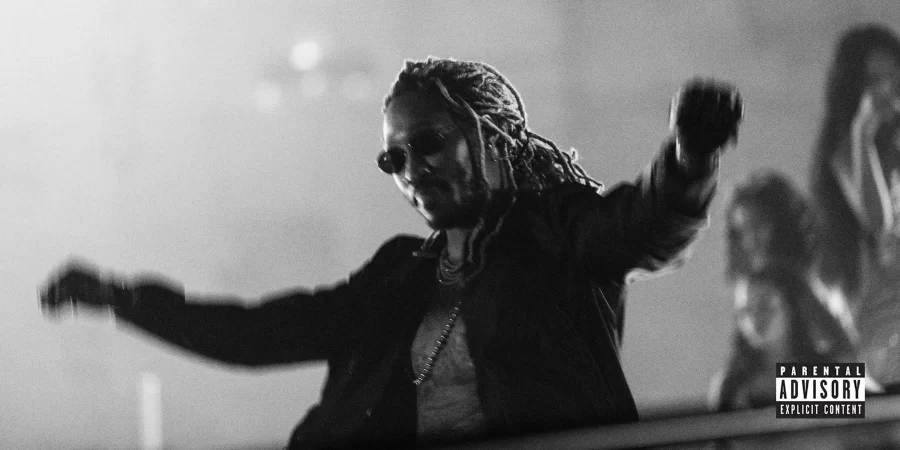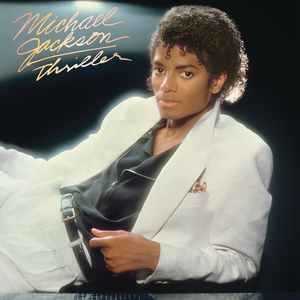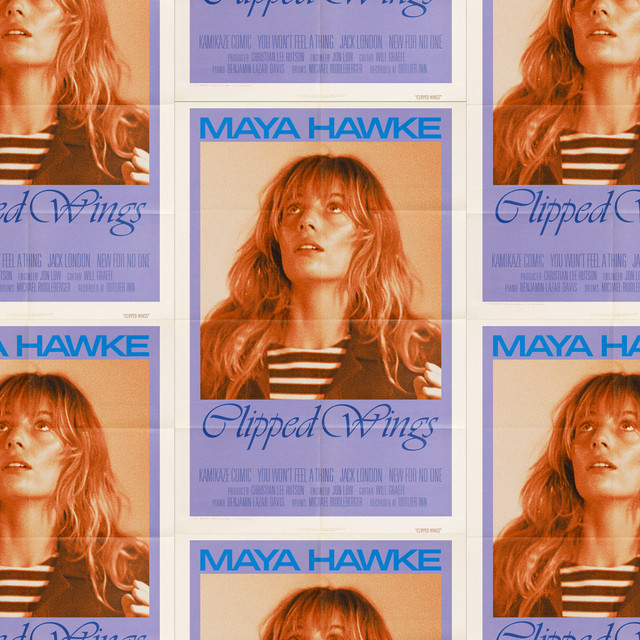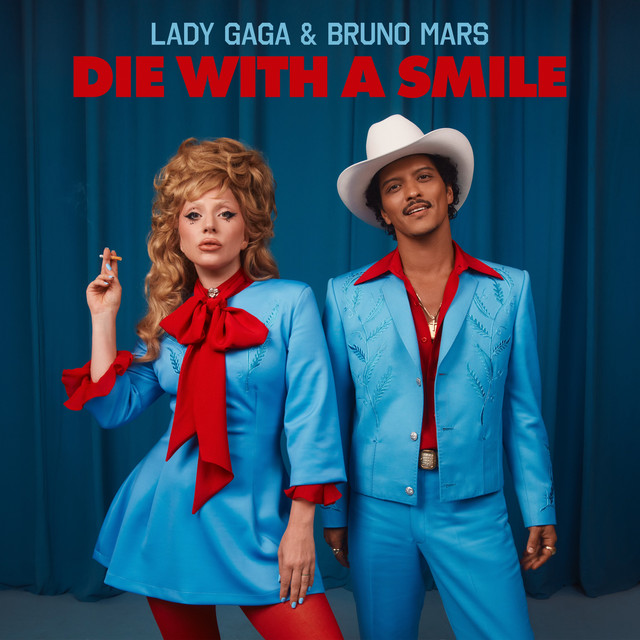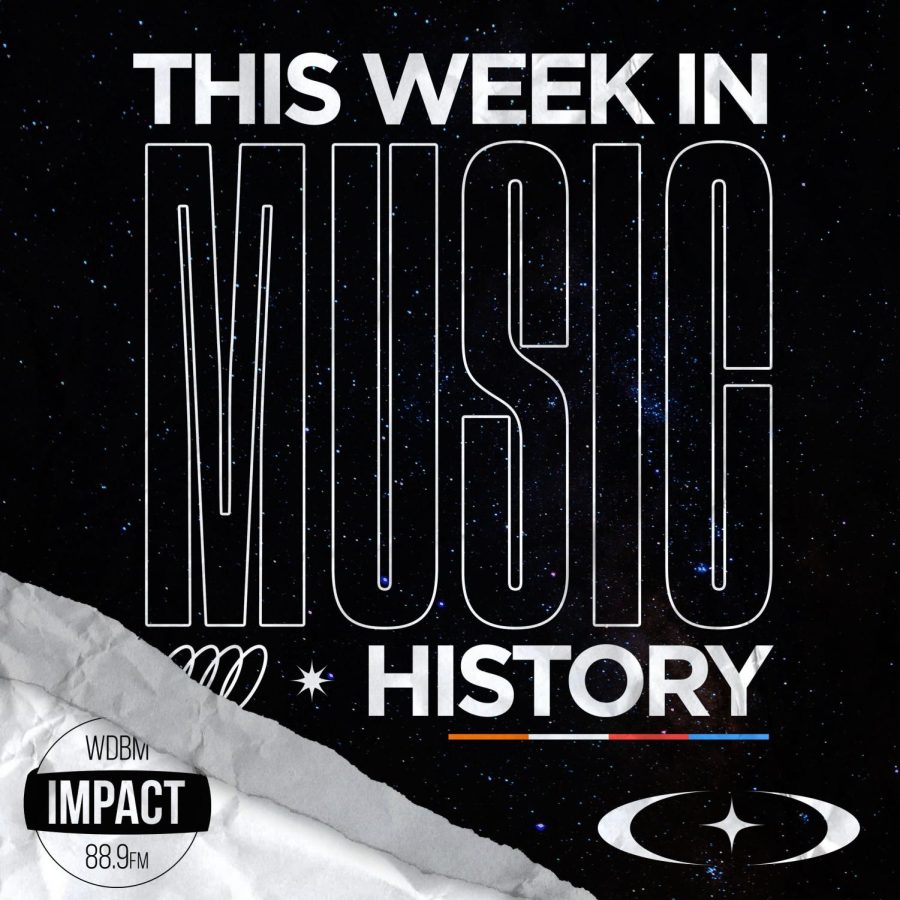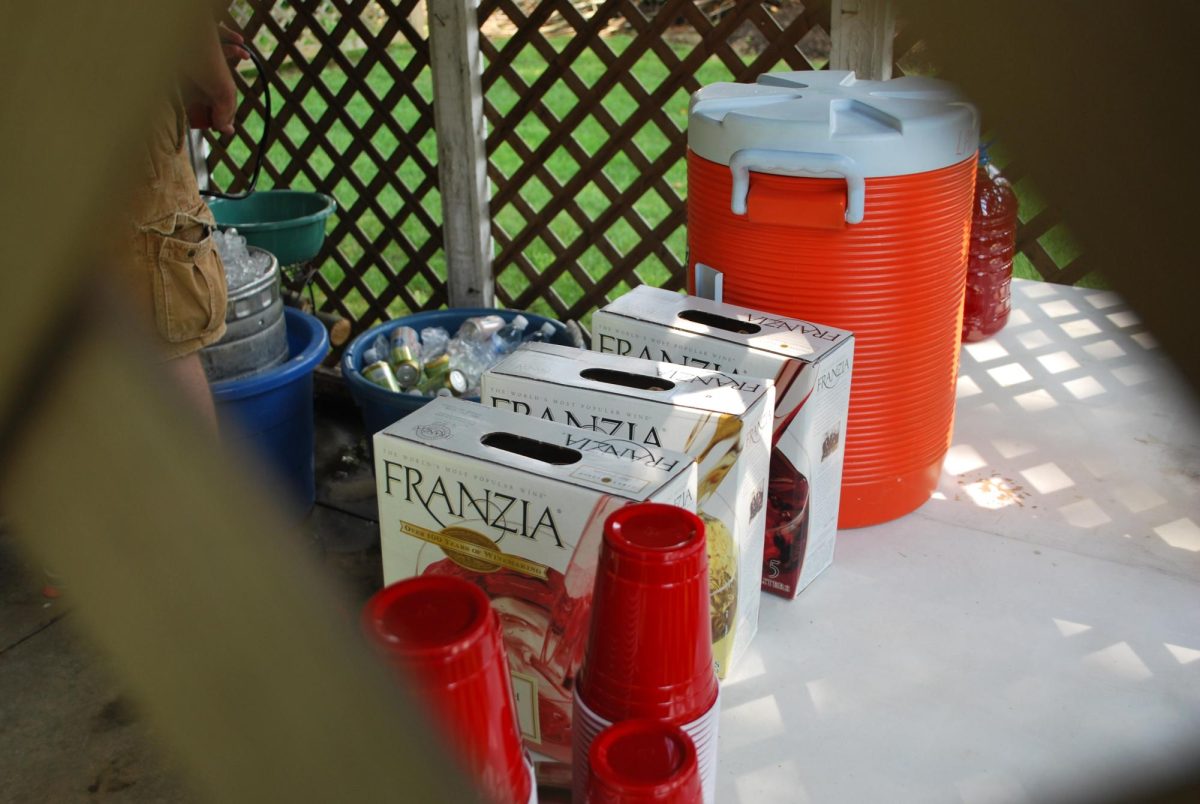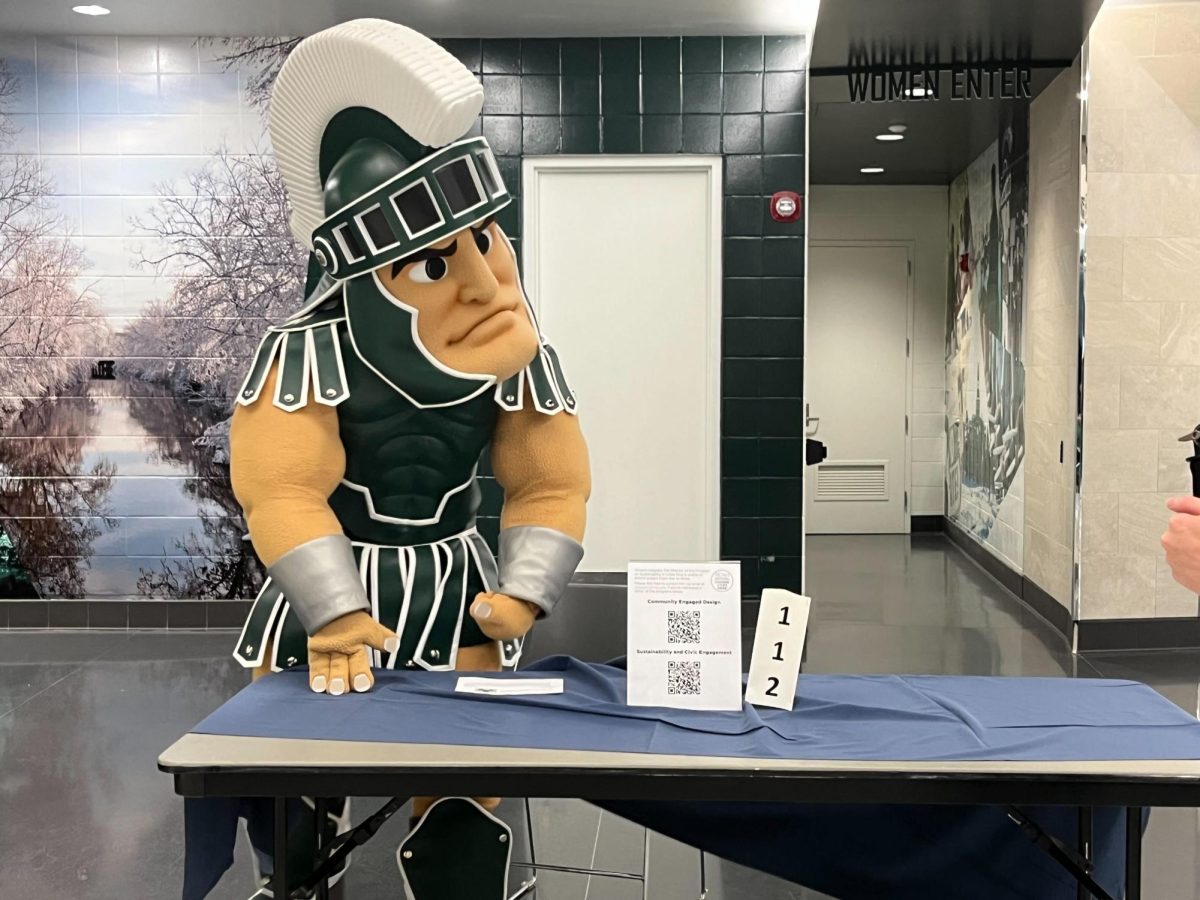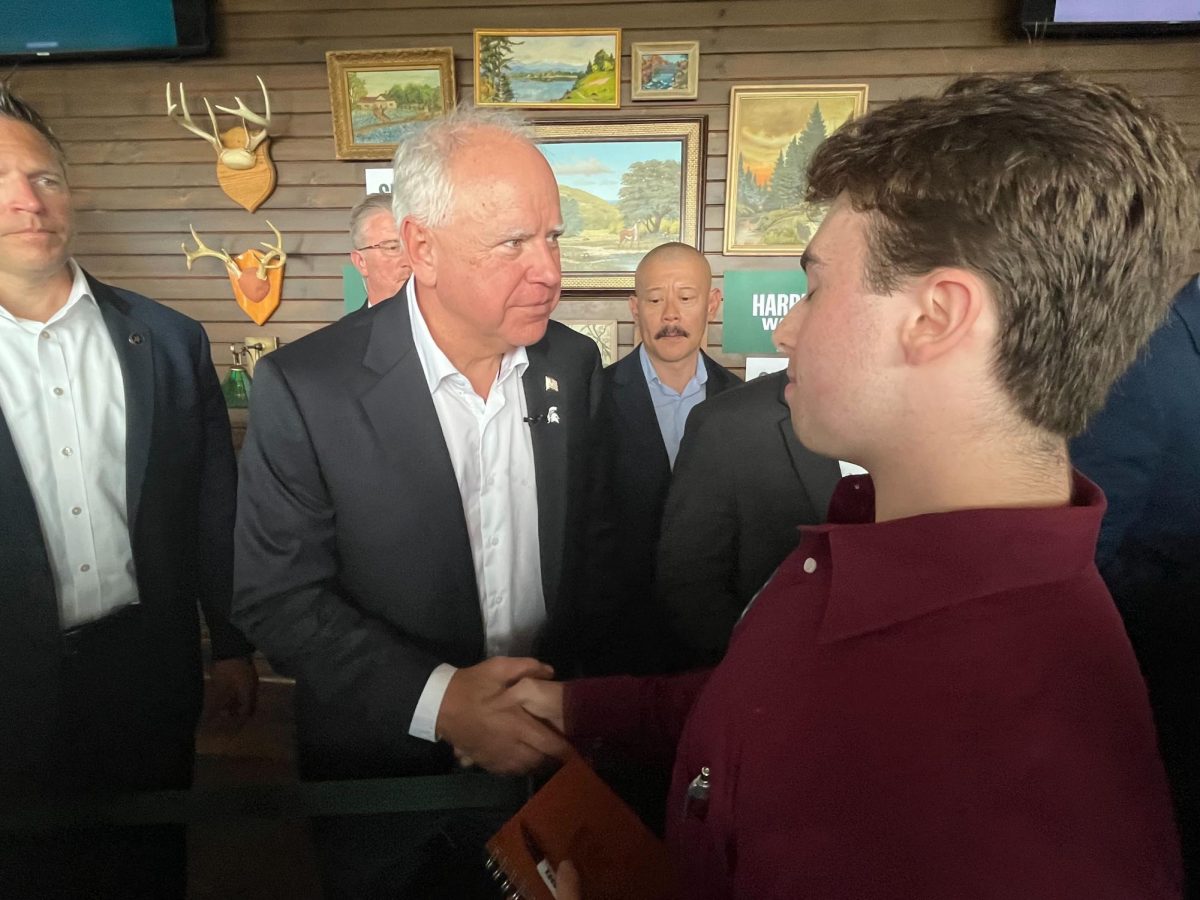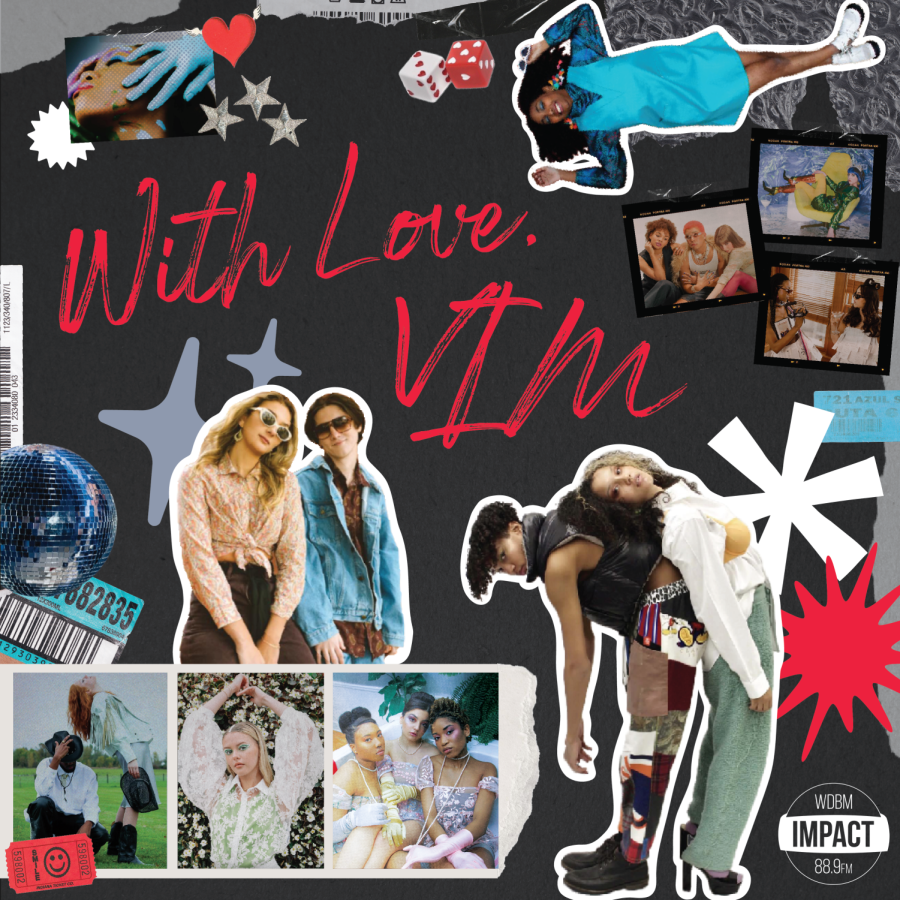Future February: Taylor Truszkowski
March 29, 2023
This February, in an attempt to bond with my friend and co-worker Sam Kurtzman, I took on the task of listening to a Future album nearly every single day of the month. So, taking 22 days out of the month to listen to 22 albums, I dedicated my listening time to analyzing and growing my appreciation for Future’s discography.
When Kurtzman first proposed the task I was a little intimidated. I knew I lacked the knowledge and passion he had for Future and hip-hop music in general. For me, Future was good party music, and I was totally unaware of his massive discography. When Kurtzman added me to his comically pristine spreadsheet for tracking our progress, perhaps I should have been more intimidated, but my excitement only grew. I was willing to step into a box where I listen to primarily one artist and hang out with primarily one person. It was a Future-themed musical quarantine, but much more fun.
Throughout the month, I learned to follow Future’s albums like chapters of a story. As a lifelong bookworm, storytelling has always been one of my favorite aspects of music. But music doesn’t only tell stories about the artist. It also helps us discover new layers to those who love that music, opening our eyes to something in a friend we might’ve overlooked. As I got to know Future, I got to know Kurtzman. And, ultimately, the most important lesson I learned from Future February was how music can bring us together to build a friendship.
But, before we get too sappy, let’s dive into what I, a Future novice, thought of his albums.
We started off the month out of chronological order, with Honest. It was a strong start and the album immediately hooked me. The apprehension I had first felt about this project disappeared, and I was looking ahead at the month with a new motivation to know Future, as well as my hip-hop head friend.
Going into my listening journey, I kept in mind that nearly every artist plays a character. Sometimes this character changes or seems to disappear. Sometimes it’s “Mask Off” and the “real” person appears, but it’s all a part of the story. It is difficult to tell where the true Future appears throughout his albums, but Kurtzman and I agree that Honest is where the narrative begins.
Honest is a misleading first chapter into who this Future character is. As with his earlier releases, Astronaut Status and Pluto 3D, it has more of a pop-rap sound. It explores themes that are common in popular rap music — drugs, money and luxury — in a lighthearted delivery that keeps it easy to swallow. But Future did not make himself a legend by staying easy to swallow.
Rage is not easy to swallow, and Future communicates its hot explosion on Monster. This next chapter in the narrative has a pretty self-explanatory title and is the debut of a darker Future. He is deeply hurt, and rage is the only way he knows how to cope, adding a new dependency on the vices he raps about.
The contrasting feelings of hot anger and dull numbness emerge on Monster. This fulfills the prophecy of so many men who are brought up on the notion that feelings must be either buried or channeled into anger. A man’s struggle with how to manage his ugliest emotions is the story that plays out as this character reappears and disappears throughout his discography. As a woman, this is a story I am always watching from an outsider’s perspective, whether it’s happening in the music or right before my eyes.
This persona is solidified on what is widely regarded as Future’s best album, DS2. This is the album that told the world he is a trap superstar. It tells tales of violence and power, showing a Future that has slipped into his dark side and carried it with him to the top. In other words, he’s the man. He’s the man other men envy because his pain is not buried, but bubbling at the surface. It is something to be feared and respected.
This narrative continues throughout his next release, Purple Reign, which expresses a more mournful outlook on this lifestyle with a heavy focus on substance abuse. The harder outlook, with a bit more of that initial numbness we saw in Monster, comes back in EVOL. At this point in the story, Future is exploring the idea that he may be truly “Wicked,” and perhaps he does not care if he is. Throwing away the care for hurt caused and felt is a freeing thing, once again making him the envy of men longing to do the same.
The insertion of the self-titled album Future is a purposeful statement that we are now seeing the “real” Future. This message is solidified by one of his greatest hits, “Mask Off.” But has the mask really come off? Is the true Future a trap king, or is this just another character?
In stark contrast, the next chapter of Future’s story features a bit more remorse for his actions and sorrow for the pain he has endured. HNDRXX has more of an R&B sound that fits this toned-down mood. Tracks like “Damage” and “Use Me” reflect this shift in outlook on his lifestyle.
The collaborative album Future & Juice WRLD Present… WRLD ON DRUGS dives deeper into the darkness of substance dependency. It is only fitting that Future worked with Juice WRLD, who rose to fame by cultivating a dark, emo persona with a thematic focus on drug abuse. It is an excellent pairing of artists who are sharing this chapter in their stories.
This reflective streak continues into his next release, Future Hndrxx Presents: The WIZRD. It begins with “Never Stop,” a track that reflects on Future’s lifestyle in a way that is both triumphant and mournful. It sets the mood for this next chapter in his story, which still focuses heavily on the topics of trap life, drug abuse and violence. In this first track, Future directly references the story that unfolds through his music, saying:
“You gotta tell The WIZRD, it’s a story like a book.”
I found this line to be satisfying because it acknowledges that Future is attempting to author his own story. Whether this is a reference to the entire discography leading up to this point or just this specific album, I don’t know, but it confirmed the perspective I was building.
His next album is definitely the darkest point in his story, which is even reflected in its grungy cover art. SAVE ME, a literal cry for help, explores the emotions and drug addiction that are beginning to consume Future. The first track, “XanaX Damage,” portrays realities of drug dependency that make it hard to believe he is simply playing a character. This continues onto the next track, “St. Lucia,” whose first lyric is the album’s desperate plea: “Save me.” The message that, at this point in his story, Future is losing the battle with himself continues throughout the album.
Just when we think Future’s hit the bottom, he tells us he’s at his highest point. His 2020 album, High Off Life, still features many references to drug use, but makes the point that Future is still the master of his own story. While the drugs are present, it is life itself that is truly intoxicating. This triumphant message is made clear by track titles such as “Touch The Sky” and “Life is Good.”
This life-is-sweet narrative continues throughout his next album with Lil Uzi Vert, Pluto x Baby Pluto. By the time we reach his most recent album, I NEVER LIKED YOU, it seems as if he has fully come into himself again, or at least into that signature Future persona we met on the self-titled album. Perhaps this signifies healing, or as healed as Future can be in his industry. At least for now, he is once again the master of his story.
For me, Future’s story is one that is timeless: a man wrestling with himself. Whether or not his discography consists of characters and glamorization, it is a story that is told well.
Through every step of this journey, Kurtzman was there to help me decipher the codes Future uses to write this story. Every hour I spent with Future was essentially an hour spent with Kurtzman, as we soaked up each other’s perspectives while also having a ton of fun. Learning his tastes and patterns was like peeking into the private journal of a friend who I always thought was quite different from me and discovering endless similarities to connect us.
I have completed Future February and can now give this advice: When it comes to music, don’t be afraid to step out of your comfort zone. Stalk your friends’ playlists on Spotify. Check out their favorite artists. You might just learn something about them, and about yourself.
For more insight into Future’s journey, check out Kurtzman’s article.


